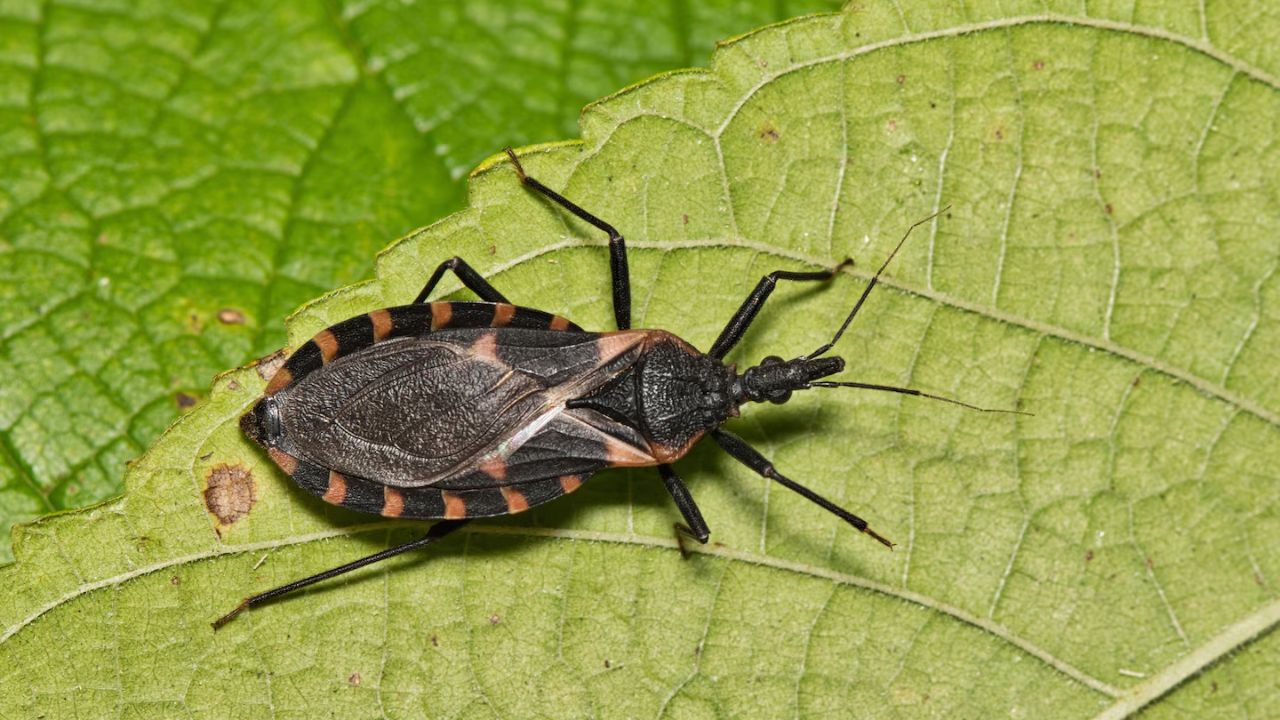Virginia, USA – The Centers for Disease Control and Prevention (CDC) has revealed alarming news: the triatomine insect, commonly known as the “kissing bug”, has been found across 32 states, including Virginia. Even more concerning, human infections have been reported in eight states. Los Angeles County, California, is notably affected, with an estimated 45,000 residents potentially infected with Chagas disease, a serious illness spread by this insect.
Recognizing the risks and understanding the symptoms of this disease can be vital in preventing and managing this dangerous infection.
The Role of the Kissing Bug in Spreading Chagas Disease
The “kissing bug” transmits Chagas disease through a unique mechanism. The insect bites people typically on their face and then defecates, leaving behind a parasite called T. cruzi on the skin. Once the bite itches, scratching allows the parasite to enter the bloodstream, initiating infection.
- Triatomine insect presence: Found in 32 states, including Virginia.
- Human infection cases: Reported in eight states.
- High risk areas: Los Angeles County, California, with around 45,000 potential cases.
Recognizing the Symptoms of Chagas Disease
Early detection is challenging as many may be unaware they are infected. However, a distinctive symptom to watch for is severe swelling of the eyelids. Other common symptoms include:
- Fever
- Fatigue
- Body aches
- Headache
- Loss of appetite
- Diarrhea and vomiting
Long-Term Health Risks and Chronic Symptoms
Between 20% and 30% of those infected with Chagas disease may develop serious chronic conditions. These include:
- Enlarged heart (cardiomegaly)
- Digestive system issues like an enlarged colon or esophagus
- Risk of heart failure or cardiac arrest
The CDC emphasizes the seriousness of these long-term complications, underscoring the importance of early detection and treatment.
Chagas Disease as an Endemic Threat in the United States
The CDC classifies Chagas disease as endemic in the United States and Latin America. This means there is a constant presence and usual prevalence of the disease within specific geographic areas, making vigilance crucial.
If you experience a kiss bug bite on the face, medical expertise should be sought immediately to diagnose and mitigate infection risks.
“Chagas disease presents a significant health concern, particularly because many infected individuals may remain asymptomatic while still at risk for severe heart and digestive diseases,” said a CDC spokesperson. “Awareness and early treatment are key to preventing long-term complications.”
Protect Yourself and Stay Informed
- Be aware of the kissing bug’s habitat and avoid areas where it is prevalent.
- Seek immediate medical attention if bitten, especially on the face.
- Watch for symptoms such as eyelid swelling and other signs mentioned above.
- Spread awareness about this endemic disease to communities in affected states.
What do you think about the spread of the kissing bug and Chagas disease in your area? Have you or someone you know been affected? Share your experiences and thoughts in the comments below.




